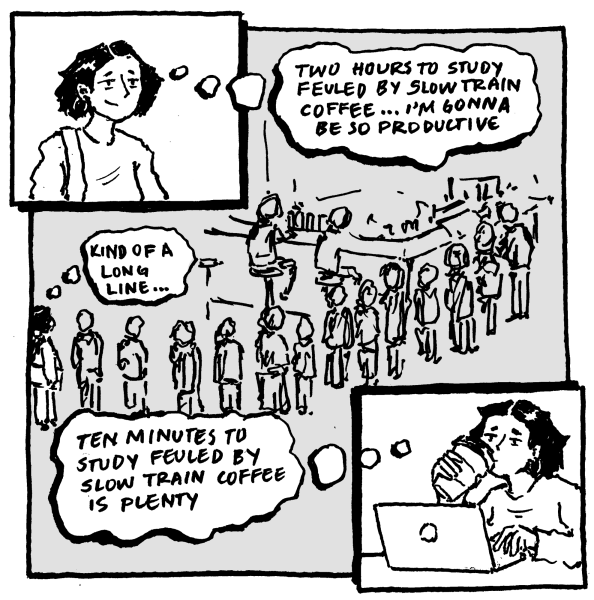Congress Must Repeal Jones Act, Aid Puerto Rico
Hurricane Maria wrought destruction on Puerto Rico last week in the most disastrous storm the island has encountered in more than 80 years, leaving 3.5 million people without power. Large swathes of the country continue to lack sufficient drinking water and food in what is becoming an increasingly severe humanitarian crisis.
At a time when the world should have been coming to Puerto Rico’s aid, the Jones Act, a nearly century-old shipping law in the United States, prevented Puerto Ricans from receiving additional foreign assistance to tackle the post-Maria destruction.
The act was passed in 1920, ostensibly to ensure that the U.S. could maintain a robust shipbuilding and shipping industry following the end of World War I. A significant section of the law — which Puerto Rico, among other territories, is subject to — decrees that only ships built, operated, and owned by U.S. citizens can travel from one U.S. port to another to trade within American territories.
The Jones Act also severely limits other countries from trading with Puerto Rico. According to The New York Times, any non-American ships that enter Puerto Rico must pay tariffs and fees on cargo, which inflate costs for Puerto Rican consumers. Consequently, the price of foreign goods in Puerto Rico is at least double that of surrounding Caribbean islands, including the Virgin Islands — also a U.S. territory, but one exempt from the Jones Act.
The long-term consequences of the act have economically disadvantaged Puerto Rico for the past century. Economists at the Government Accountability Office conducted a study which found that the Jones Act cost the Puerto Rican economy $17 billion from 1900 to 2010. In short, the act has entrenched Puerto Rico in public debt, which Trump was quick to point out, tweeting that the island owes billions “to Wall Street and the banks which, sadly, must be dealt with.”
The Trump administration issued a 10-day waiver of the Jones Act as it pertains to Puerto Rico Thursday, following significant bipartisan pressure from several members of Congress, as well as from multiple media outlets. This suspension will technically allow Puerto Ricans to receive some of the aid that they need, but with such a short time frame, it won’t be nearly enough. Given the Jones Act’s imperialistic impact, anything short of a permanent repeal will effectively inhibit Puerto Ricans from recovering, let alone thriving, in any near future.
Now that Maria has struck, recovery will doubtlessly be made more difficult by Puerto Rico’s long-standing debt crisis — created by American enactment of the economically exploitative Jones Act. It certainly won’t be any easier if the Jones Act is reinstated once the current suspension expires. Maria wiped out 80 percent of the island’s crops, which is estimated to create a $780 million loss in agricultural yield. How can Puerto Ricans feel assured of their ability to recover in the long term if their economic infrastructure has not been able to fully support itself?
Since the Jones Act has driven Puerto Rico’s economy to the point that former Governor Alejandro García Padilla declared the debt unpayable and had to default on debt payments, Congress passed a law last year, known as PROMESA, in an attempt to resolve the crisis. However, PROMESA is a neocolonial piece of legislation that further limits Puerto Rico’s future prospects with forced austerity and little tangible financial assistance.
Politicians in Washington continuously argue that we should be aiding Puerto Ricans because they are American, which is problematic in itself; we should be helping them because it’s the ethical thing to do. However, Puerto Ricans have never been treated like Americans. If anything, they are treated like colonial subjects, and the 10-day waiver of the law has only clarified that we still find them less than human.
Acting DHS Secretary Elaine Duke said, “I promise to do everything in my power to bring relief.” If the administration wants to maintain this promise and if we want to prove to Puerto Ricans that they are our equals, the Jones Act must be permanently rescinded. Otherwise, the U.S. is just as responsible for the humanitarian crisis as Hurricane Maria itself.



